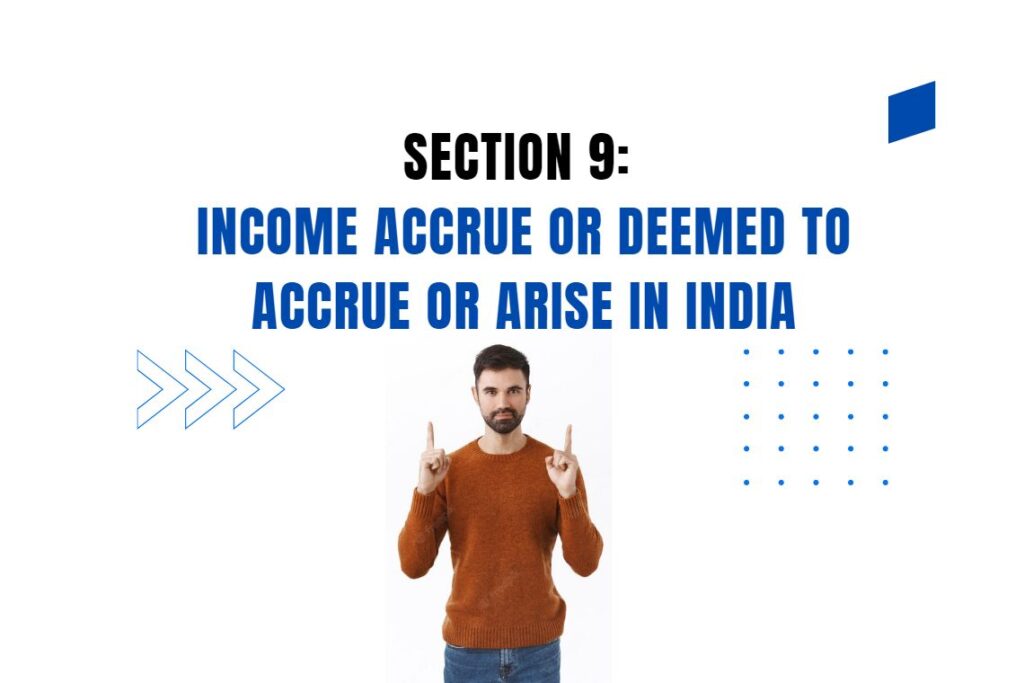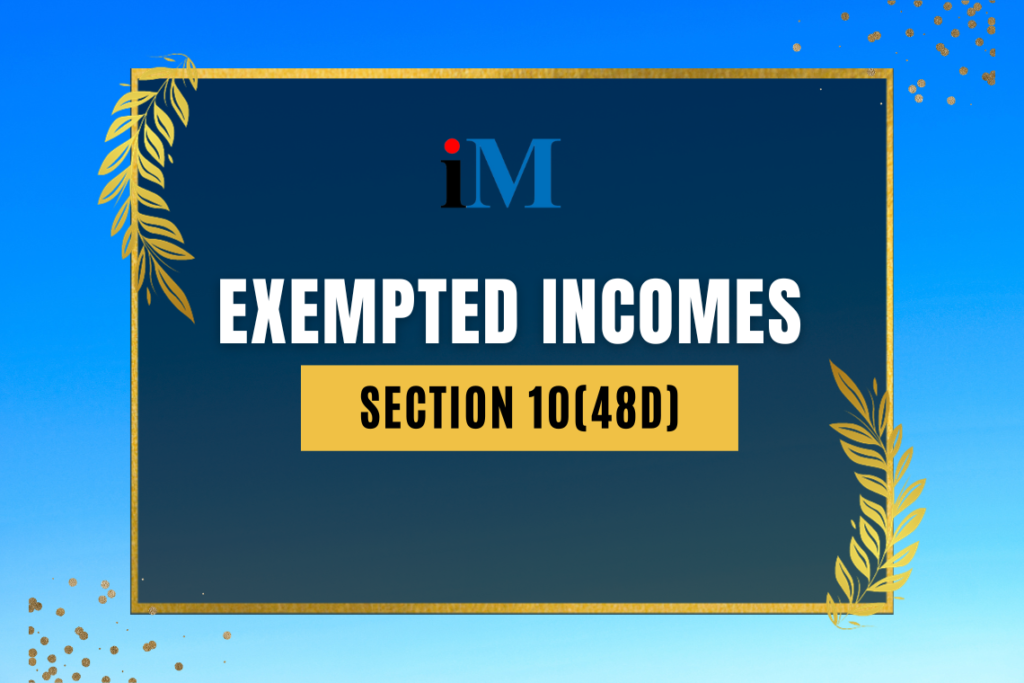Political parties play a crucial role in any democratic society. They serve as the voice of the people, representing their interests and advocating for their rights. However, like any other organization, political parties require funds to function effectively and carry out their activities.
In India, the regulation of political party funding is governed by Section 13A of the Income Tax Act. This section provides certain exemptions and guidelines for the taxation of incomes earned by political parties. It ensures transparency and accountability in the financial operations of political parties.
Section 13A of the Income Tax Act, 1961 provides for exemption from income tax in India in respect of the following income of political parties:
(i) Income which is chargeable under the head ‘Income from house property’; or
(ii) Income chargeable under the head ‘Income from other sources’ such as donations from foreign companies or individuals..
(iii) Any income by way of voluntary contribution from any person.
(iv) Any income by way of capital gains.
Requisite conditions:
The exemption of the above income shall be available only when the following conditions are satisfied:
(i) the political party keeps and maintains such books of accounts and other documents as will enable the Assessing Officer to properly deduce its income therefrom;
(ii) where the voluntary contributions other than contribution by way of electoral bond from a person exceeds Rs. 20,000, it keeps and maintains a record of such contribution and the name and address of the person who has made such contribution:
In other words, the political parties shall not be required to furnish the name and address of the donors who contribute by way of electoral bond.
(iii) the accounts of the political party are audited by a Chartered Accountant.
(iv) no donation exceeding Rs. 2,000 is received by such political party otherwise than by an account payee cheque drawn on a bank or an account payee bank draft or use of electronic clearing system through a bank account or through such other electronic mode as may be prescribed or through electoral bond.
(v) the treasurer of such political party or any person authorised by the political party in this behalf must submit a report under section 29C (3) of the Representation of People Act. 1951 for the relevant financial year.
Political party for the purpose of this section means a political party registered under section 29A of the Representation of the People Act. 1951.
| If the report under section 29C (3) of the Representation of the People Act, 1951 is not submitted, no exemption under this section shall be available for that political party for such financial year. |
How to claim the exemption
To claim the exemption under Section 13A, political parties need to file an income tax return every year and declare their income from all sources. They also need to maintain proper records of their income and expenditure.
Here are some examples of income that is exempt from income tax under Section 13A:
Here are some examples of income that would be exempt under Section 13A:
- Donations made to political parties by Indian citizens and companies.
- Membership fees paid to political parties by their members.
- Income from the sale of coupons, badges, etc. by political parties.
- Interest earned on deposits made by political parties with banks and other financial institutions.
- Rent earned on property owned by political parties.
- Donations received by political parties from foreign companies or individuals, subject to certain conditions.
Here are some examples of income that would not be exempt under Section 13A:
- Income from business activities.
- Income from professional services.
- Income from investments that are not used for political activities.
Income from rental properties that are not used for political activities.

![Incomes of Political Parties [Section-13A]](https://incometaxmanagement.in/wp-content/uploads/2023/10/60-Exempted-Incomes-Section-13A-1024x683.png)

![Residential Status [Sections 5 to 9B]](https://incometaxmanagement.in/wp-content/uploads/2023/09/Residential-Status-Sections-5-to-9B-1024x683.jpg)

![EXEMPTED INCOMES [Section – 10, 10AA, 11 to 13A]](https://incometaxmanagement.in/wp-content/uploads/2023/09/Exempted-Incomes-Section-10-1024x683.jpg)

![Income of an Electoral Trust shall be Exempt [Section 13B]](https://incometaxmanagement.in/wp-content/uploads/2023/10/61-Exempted-Incomes-Section-13B-1024x683.png)
![Special Provisions in respect of Newly-established Units in Special Economic Zones (SEZ) [Section-10AA]](https://incometaxmanagement.in/wp-content/uploads/2023/10/59-Exempted-Incomes-Section-10AA-1024x683.png)
![Exemption in respect of income chargeable to Equalization Levy [Section 10(50)]](https://incometaxmanagement.in/wp-content/uploads/2023/10/58-Exempted-Incomes-Section-1050-1024x683.png)
![Income of a Developmental Financing Institution (DFI) to be Exempt [Section 10(48E)]](https://incometaxmanagement.in/wp-content/uploads/2023/10/57-Exempted-Incomes-Section-1048E-1024x683.png)
